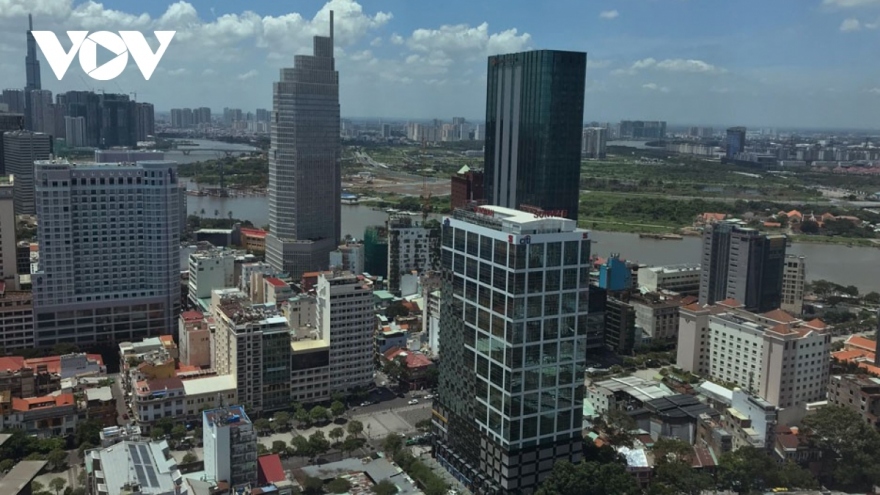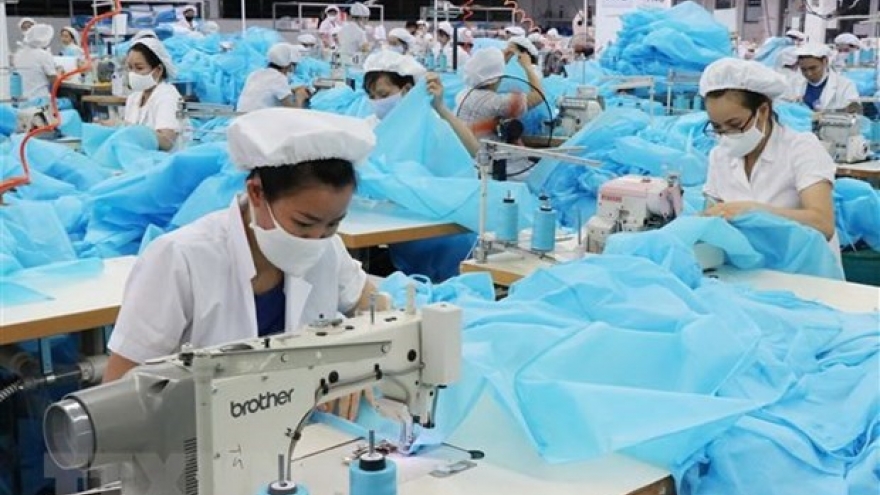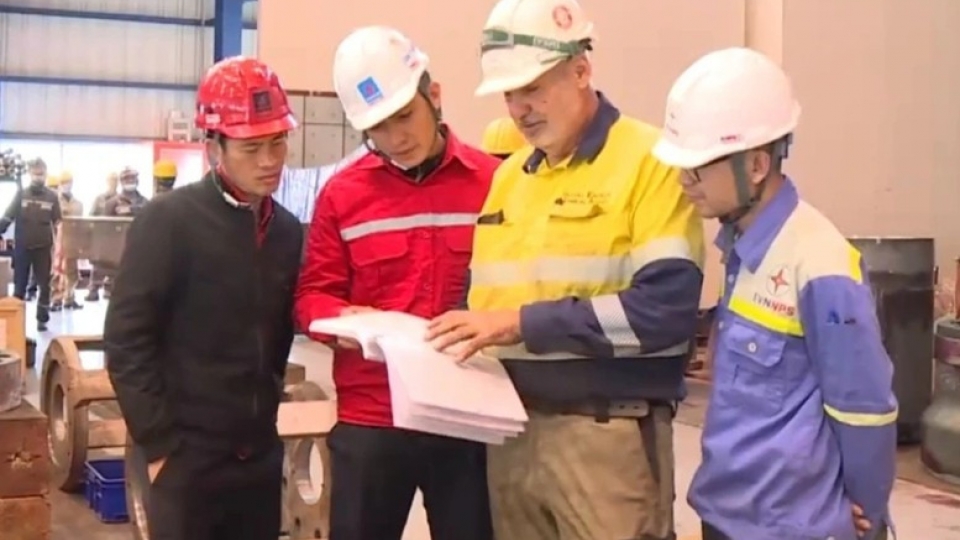Tag: purchasing power

Property market to grow and flourish moving forward
VOV.VN - Vietnam's real estate industry has developed alongside the recovery of the economy following the COVID-19 pandemic and is predicted to enjoy a brighter picture compared to 2021 before gradually returning to its pre-pandemic trajectory, according to the Vietnam Report Joint Stock Company.

Prices skyrocket as purchasing power plummets
Input cost increases have forced manufacturers to increase selling prices. However, purchasing power is weak, which is a warning about a tough year ahead.

Vietnam expected to add 36 million middle class people in next decade
Vietnam is expected to add 36 million people to its middle class by 2030, according to a recent report by McKinsey.

National economy under inflationary pressure
VOV.VN - Inflation has been kept at a low rate in Vietnam since the beginning of the year, although pressure is starting to build up moving into the remaining months of the year and early 2022, according to economists.

Apartment prices keep escalating despite pandemic
Contrary to all predictions, the real estate market has been hot during the pandemic. People are rushing to buy apartments for fear that prices will escalate after the pandemic ends.

Vietnamese goods able to expand presence in UK under trade deal
The UK-Vietnam Free Trade Agreement (UKVFTA), which officially took effect on May 1, is believed to herald a new era for Vietnamese goods to gain a foothold in a market with strong purchasing power.

Vietnam an attractive destination for North European firms: ScandAsia
High economic growth and strong investment in infrastructure are among the reasons for Northern European businessmen to consider when choosing to invest in Vietnam, according to an article recently published on the site ScandAsia, which covers Nordic news and business promotion in Asia.

Imports of automobiles accelerate in March
The import of automobiles increased dramatically in March, according to figures released by the General Department of Customs (GDC).

Harsh reality sets in for fashion retail brands
While fashion fanatics will welcome the ever-increasing presence of international brands, the domestic consumer base has already lost a significant portion of its purchasing power amid the influence of the global health crisis on the economy, forcing domestic brands to face increased competition with new strategies to retain their business.

Local people tighten their belts ahead of Christmas 2021
VOV.VN - This year’s buildup to Christmas is seeing Vietnamese people tighten their belts and spend less on gifts, as many are struggling financially due to their incomes being hard hit by the COVID-19 impact.

 in their second Group B match of the 2026 AFC U20 Women’s Asian Cup qualifiers on August 8.jpg)







